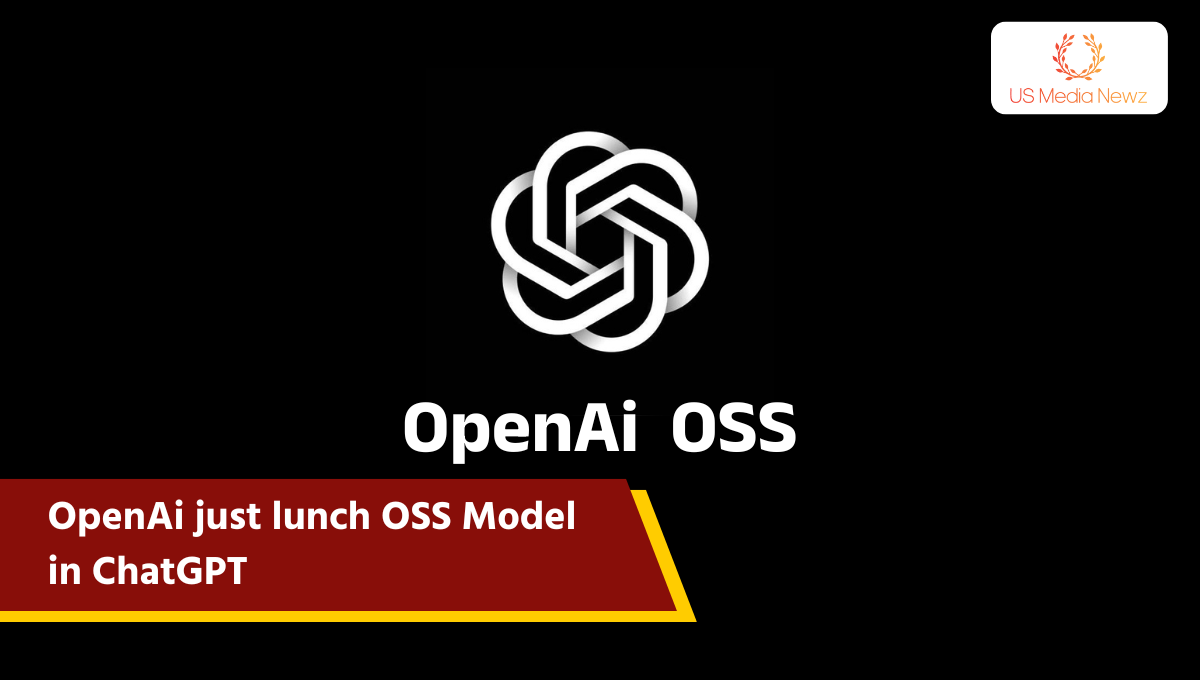The Rise of AI in Healthcare: Unlocking New Possibilities
In recent years, the integration of artificial intelligence (AI) into the healthcare system has been nothing short of revolutionary. While the digital age continues to transform various industries, the medical field stands out as AI technology becomes increasingly sophisticated. This advance holds the promise of not only improving patient outcomes but also reshaping the entire healthcare landscape. Experts predict that AI won’t just complement medical professionals; it will fundamentally change how care is delivered.
The ability of AI to process vast amounts of data with speed and precision is one of its most transformative qualities. By analyzing patient records, medical images, and genetic information, AI algorithms can identify patterns or anomalies that might escape human detection. For example, AI-driven diagnostic tools have already demonstrated their potential by accurately interpreting radiology images and even predicting the onset of certain conditions before they are clinically apparent. Such technologies are not just enhancing diagnostic accuracy but also expediting the process, leading to timely interventions.
While the clinical potential of AI is enormous, its integration is not without challenges. Ethical debates surrounding data privacy and the transparency of AI decision-making processes continue to spark discussion among professionals and ethicists alike. There is also a need for regulation to ensure these technologies are used responsibly and safely. As AI systems begin to play a more active role in patient care, maintaining human oversight becomes crucial to ensure that technology aids, rather than dictates, medical decisions.
One cannot discuss the role of AI in healthcare without addressing its impact on the workforce. As machines handle more labor-intensive and repetitive tasks, healthcare professionals can focus more on patient-centered care. This evolution is likely to reskill workers, as new roles will focus on managing AI tools and interpreting complex data insights. The healthcare sector is akin to a living organism; as some roles evolve, others are born, ultimately leading to a more efficient and effective service delivery.
In conclusion, embracing AI in healthcare opens doors to new possibilities, steering the industry towards greater efficiency, precision, and accessibility. However, the transition must be managed with care. As technology strives to enhance human life, it must always be anchored in ethical responsibility and oversight. The future of healthcare driven by AI is not just about innovation; it’s about synchronized collaboration between human intelligence and machine learning, aiming for a world where better health outcomes are a reality for all.






